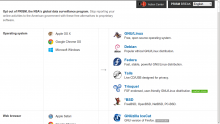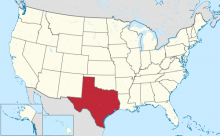Australian government puts off plans to store metadata
The metadata to be collected by the companies was said to help fight criminal activity.
The Australian government has temporarily abandoned plans that would have forced Internet and telephone data to be stored for up to two years, following an enquiry by the parliament which did not wish to go ahead with it.












































































